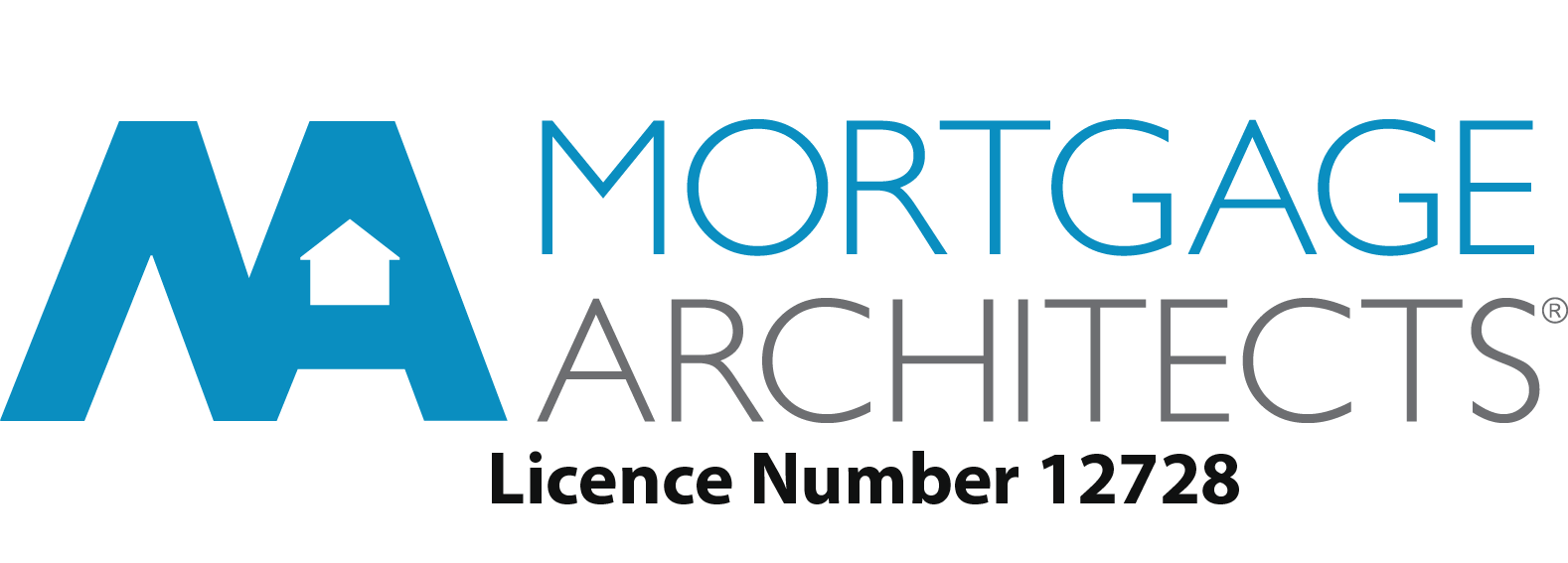Finding the right mortgage lender is a crucial step in the home-buying process.
The lender you choose can significantly impact your loan terms, interest rates, and overall experience.
With so many options available, it’s important to know how to choose the best mortgage lender to suit your needs.
Let us guide you to a smooth and affordable journey towards your dream home.
Steps to Choosing the Best Mortgage Lender
Choosing the best mortgage lender involves several important steps. By following these steps, you can ensure that you find a lender who meets your financial needs and provides excellent service.
Research and Gather Recommendations
Start by researching various mortgage lenders.
Look for lenders with positive reviews and good reputations. Ask friends, family, and real estate agents for recommendations.
Personal referrals can provide valuable insights into a lender’s reliability and customer service.
Check the Lender’s Credentials and Reputation
Ensure that the lenders you are considering are properly licensed and have good standing with regulatory bodies.
Check online reviews and ratings to gauge their reputation.
A lender with a strong track record and positive customer feedback is more likely to offer a smooth lending experience.
Key Factors to Consider
When choosing a mortgage lender, it’s important to consider several key factors that will influence your loan experience and costs. Here are the main factors to keep in mind:
Interest Rates and Loan Terms
Interest rates directly impact your monthly payments and the total cost of your loan.
Compare the interest rates offered by different lenders, and pay attention to whether they offer fixed or variable rates.
Additionally, review the loan terms, including the length of the mortgage and any prepayment penalties.
Fees and Additional Costs
Lenders charge various fees that can add up quickly.
These may include origination fees, closing costs, appraisal fees, and more.
Make sure to ask for a detailed breakdown of all fees and factor these into your decision.
Customer Service and Responsiveness
The level of customer service provided by a lender can significantly affect your experience.
Look for a lender who is responsive, transparent, and willing to answer all your questions.
Good communication can make the process smoother and less stressful.
Comparing Lenders and Their Offers
Once you have identified a few potential lenders, the next step is to compare their offers. This will help you find the best deal and terms for your mortgage.
Request and Compare Loan Estimates
Ask each lender for a loan estimate, which is a standardized form that provides details about the loan terms, estimated monthly payments, and closing costs.
Comparing these estimates side-by-side can help you identify the best offer.
Understand Different Loan Products
Different lenders may offer various loan products, such as conventional loans, FHA loans, VA loans, and more. Make sure you understand the pros and cons of each type of loan and which one suits your financial situation and goals.
Use Comparison Tools and Calculators
Online comparison tools and mortgage calculators can be invaluable in assessing different loan offers.
These tools can help you estimate monthly payments, total loan costs, and the impact of different interest rates and terms.
Importance of Pre-Approval
Getting pre-approved for a mortgage is an important step in the home-buying process.
It not only gives you a clear understanding of how much you can borrow but also strengthens your position as a buyer.
Benefits of Getting Pre-Approved
Know Your Budget: Pre-approval helps you understand your borrowing limits, so you can focus on homes within your budget.
Increase Credibility: Sellers are more likely to take your offer seriously if you are pre-approved, as it shows that you are a committed and qualified buyer.
Faster Process: Being pre-approved can speed up the final mortgage approval process once you find a home, as much of the paperwork is already completed.
Questions to Ask Potential Lenders
Asking the right questions can help you evaluate potential lenders and choose the best one for your needs. Here are some essential questions to consider:
What Types of Loans Do You Offer?
Banks and lenders offer different types of loans to fit various needs.
Common options include mortgages for buying a home, personal loans for things like vacations or emergencies, auto loans for buying a car, and business loans to help start or grow a business.
Each type of loan has its own benefits and requirements. It’s a good idea to talk to a lender to find out which loan is best for you based on your needs and financial situation.
What Are the Interest Rates and APRs?
Get a clear picture of the cost of the loan, including the annual percentage rate (APR) which includes fees and other costs.
What Fees Are Associated with the Loan?
Ask for a detailed breakdown of all fees, including origination fees, closing costs, and any other charges.
How Long Does the Approval Process Take?
The approval process for a loan can vary depending on the type of loan and your financial situation. Generally, it can take anywhere from a few days to a few weeks.
For instance, getting approved for a mortgage might take longer because it involves more paperwork and checks. Personal and auto loans usually have quicker approval times.
Lenders will often keep you informed throughout the process, so you’ll have a good idea of how long it will take.
Can I Lock in the Interest Rate?
Find out if you can lock in the interest rate and for how long, which can protect you from rate increases during the loan process.
How to Evaluate the Responses
When evaluating the responses from potential lenders, consider the following:
Clarity and Transparency: Look for clear and straightforward answers. A good lender should be willing to explain everything in detail.
Customer Service: Pay attention to the lender’s willingness to answer your questions and their responsiveness. Good customer service is crucial for a smooth mortgage process.
Flexibility: Consider how flexible the lender is with their terms and whether they can accommodate your unique financial situation.
Conclusion
Choosing the best mortgage lender is a critical step in your home-buying journey.
By following the steps outlined in this guide—researching and gathering recommendations, checking credentials, comparing offers, understanding the importance of pre-approval, and asking the right questions—you can make an informed decision that suits your financial needs and goals.
We are committed to helping you navigate the complexities of mortgage financing.
Our team of experts is here to provide personalized advice and support every step of the way. Check out our Mortgage Solutions.


